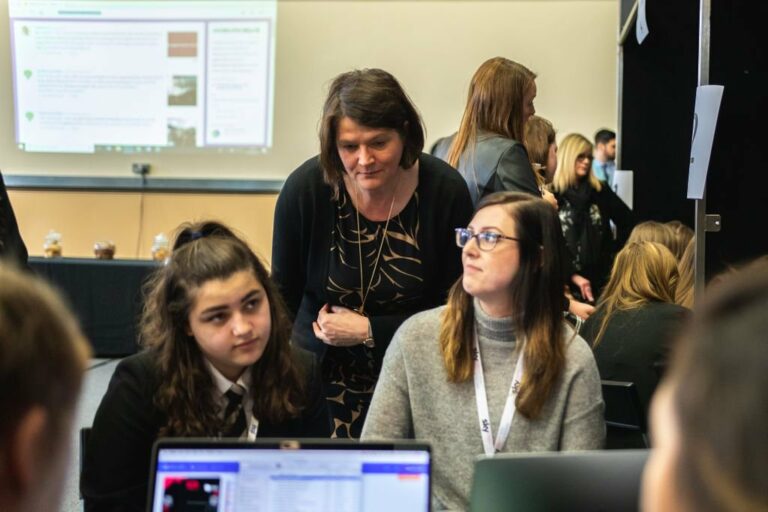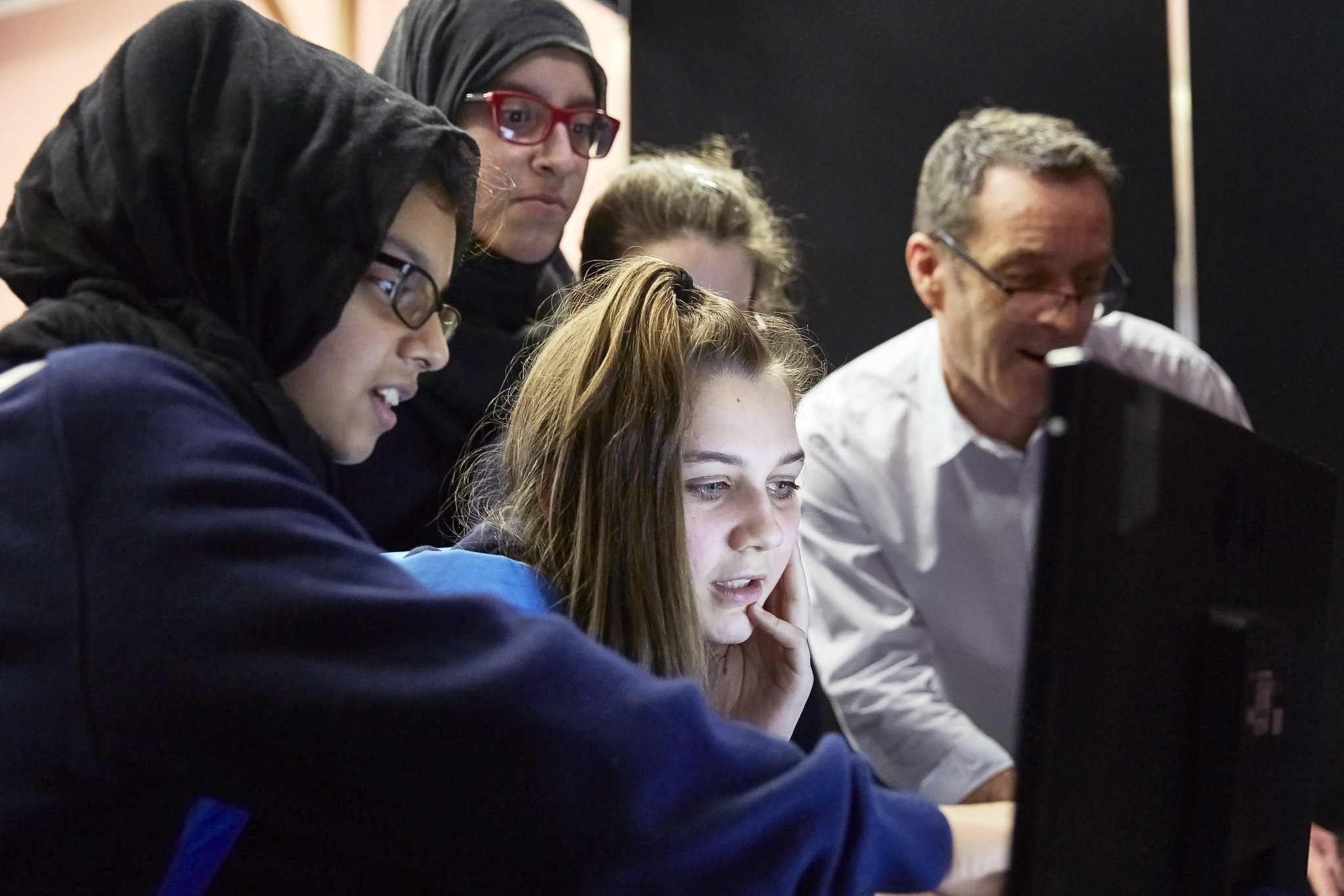The largest ever Leeds Digital Festival is currently underway, celebrating the thriving industry in the Yorkshire city.
Stephanie Burras CBE, Chief Executive of Ahead Partnership, tells us why a higher proportion of women in the sector is not just preferable, it’s essential.
Over the past decade, the digital scene in Leeds has changed beyond recognition. Whereas in the recent past, the city was best known for its booming professional and financial services sector, there’s been a challenge in recent years. The city has firmly established itself as a UK-leading digital ecosystem which is carving out a path as the tech hub of the North.
Boasting the highest amount of scale-up digital companies outside the South East and outstripping Bristol and Manchester for employment growth in digital and creative industries, Leeds is a tech-savvy city which is energetically on the up. Yet despite its many successes and amplified growth, an ever-present challenge has remained, and businesses from across the North, not just in Leeds, continue to struggle to recruit the skilled talent they crucially need to flourish.
Leeds City Region is home to a dynamic range of tech firms, including 3,500 digital businesses, and it’s growing. According to the Northern Tech 100 Report by Tech Nation, Yorkshire is home to 30 of the UK’s fastest-growing Northern tech companies. Whilst the likes of TransUnion UK (formerly Call Credit), Sky Betting & Gaming and aql have been operating in Leeds for some time, new and emerging businesses such as CyberDuck, Synap and small start-ups are adding to its ever-growing offer.
However, whilst celebrating our success it’s important to recognise that as the industry has grown, so too has the need for skilled digital professionals, leaving us with a resonant skills gap. It’s not just a local problem, this is an international issue that the whole industry is facing and it’s only going to get worse. Recent figures by the European Commission show that there could be as many as 756,000 unfilled jobs in the European ICT sector by 2020 whilst research by techUK estimates that there are 600,000 unfilled vacancies in digital technology, costing the country £63 billion a year.














